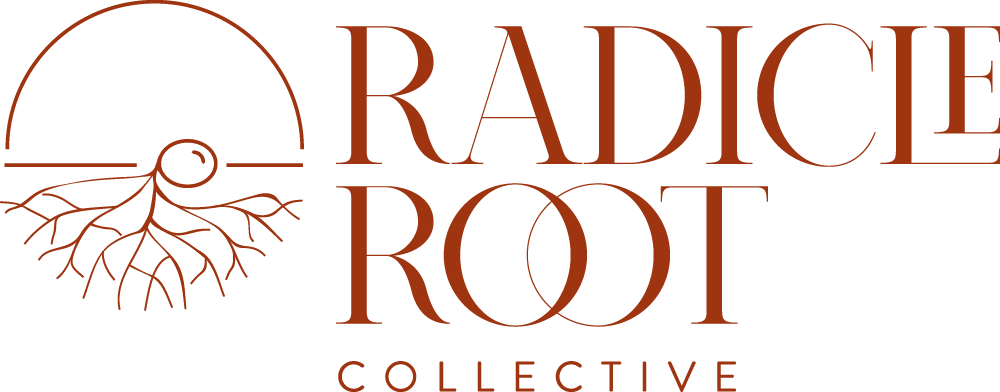Meet Sitar Mody Scott
Learn more about our brilliant facilitator Sitar Mody Scott, what she’s listening to these days, and how she’s writing her way to hope!
Sitar Mody Scott
Healing Facilitator and Collaborator.
Badass Mother Parenting for Liberation.
Joy-bringing Friend.
Sitar, which plant are you today and why?
Today I am a sungold tomato plant. It is late summer and I am full of joy and sunshine. I am growing taller and reaching my roots further into the soil as I produce sweet bursts of orange tomatoes. In my work, I am experiencing these sweet bursts as inspiration, creativity, clarity, depth, relationship, and growth. I often think about balance in my work, and I realize that it is an ongoing journey. Currently, I am in a phase of stretching and growing, where the roots of my tomato plant are digging deeper into the soil as the branches and clusters of tomatoes reach for the sun. I am inspired by all that is possible when the conditions in the soil are just right.
What’s your current soundtrack?
x10 by Koffee
My favorite lyric is the chorus of the song:
I'm glad I woke up today
Just as I woke up, I said, yeah
Couple prayers fi mi family, my friends
Thank you, Fatherfor blessin' me times ten
What does Generative Conflict look like/sound like/feel like to you?
Generative Conflict is a beautiful and necessary worldview that enables healing, transformation, and connection, rather than division or harm. It’s about embracing conflict in a way that deepens relationships, invites vulnerability, and moves us toward intimacy and justice. Generative Conflict has a rhythm to it. Like the beating of a drum, it is a calling and an invitation.
Generative Conflict looks like a beautifully tangled shrub, like bougainvillea or a blackberry bush—messy yet purposeful, intertwining complexities with moments of clarity and beauty. Just as these plants thrive and grow through interconnection, so too does conflict, revealing new perspectives and opportunities for deeper understanding and compassion. In group settings, it may look like people leaning into the conversation, maintaining open body language and active listening, and holding space for their own and others’ discomfort and strong emotions without retreating from it.
Generative Conflict sounds like the ocean waves—steady, sometimes intense, but always moving with purpose. You hear voices naming their truths, acknowledging their impact, and speaking to liberate their soul. The language is direct yet compassionate, with a foundation in curiosity and humility: “Help me understand” or “What I’m hearing is...” echo in the space. It’s a mix of rawness and respect, where intentional reflection is just as important as speaking one’s truth.
Generative Conflict feels like an inner wisdom glowing in my chest—an energy that is both grounded and expansive. I know that I am engaging in Generative Conflict when I am aligned with my inner wisdom and knowing, and my body is feeling into the courage of curiosity for myself and others. It feels vulnerable and a bit scary, and there’s also a deep sense of righteousness, a knowing that by engaging with each other in this way, we are moving toward something bigger than ourselves—something transformative.
The Generative Conflict practices embodied by Radicle Root Collective invite us to tap into our self-worth, self-compassion, and courage. While tapping into this and by honoring right distance and right relationship, we open a space for mutual healing. This is the core of Generative Conflict— it’s not about avoiding tension but about embracing it as a path to deeper connection and transformation.
Renowned author of The Parable of the Sower and celebrated “mother of Afrofuturism” Octavia Butler has been a significant influence on Radicle Root Collective. Fellow novelist Jessamyn Ward has said about Butler, “she writes her way to hope.” Sitar, what’s one sentence you would use to “write your way to hope?”
"Speak your truth to liberate your soul, not to change someone else’s thoughts or behaviors.” (Adapted from Dr. Ken Hardy)


